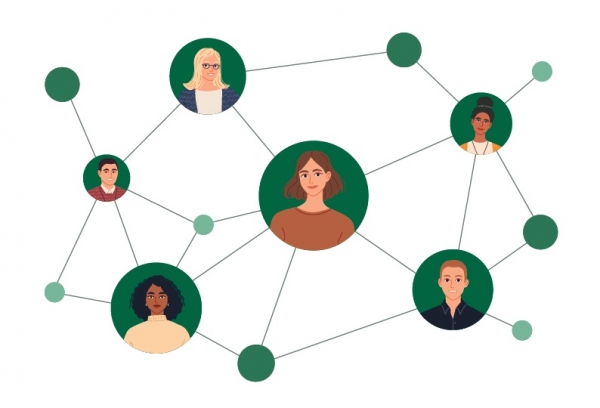
One key issue international students encounter when attending South Korean universities is the lack of information available in English. This problem interferes with not only missing important deadlines, but also participating in vital school events and extracurricular activities. While the issue previously gained attention in an Ewha Voice article, there is still room for improvement.
Korean students frequently obtain information from three main sources: the official school website, online social community websites, and fellow classmates. While Korean students have concrete platforms where they can network and access abundant school information, international students are left wanting.
According to a survey of 44 full-time international undergraduate and exchange students conducted by Ewha Voice, 65.9 percent of students responded that they access school information from the official website. As of Sept. 1, only 43 from 631 announcements on the school website are available on the English website. Even amongst those 43 announcements, the majority of them were either written in Korean or showed a blank page. 73.7 percent of students criticized that the language barrier and redirection to the Korean website is inconvenient and confusing. Much of the posts not translated into English are information related to extracurricular school activities and special events, which inevitably isolate international students from the community.
“I prefer to ask my friends when accessing information,” said a student who wished to remain anonymous. “The school provides information mostly in Korean, so the website is not really useful for international students because there is not much detailed information in English.”
Due to COVID-19, many Korean students rely on online community mobile applications such as Everytime to access information. Online community boards like these promote club activities and provide a space to socialize. However, 90.9 percent of international students responded in the survey that they do not use Everytime — along with 90 percent of them not even aware of its existence.
“Perhaps creating an online community space equally accessible for Korean and international students to connect based on interests and hobbies would help international students adjust more easily,” an anonymous student said.
The lack of shared information is interfering with international students’ education and the South Korean college experience. In fact, 86.4 percent of students in the survey responded that they do not participate in clubs. Several answered that they do not know what clubs are available or how to apply. Students who managed to join clubs were restricted to English-speaking clubs such as EDiS and Ewha P.I.E.
“I would like to join a club, but nobody replies to my messages,” another anonymous student said.
Aside from the school website and community boards, there are a limited number of other platforms for students to network. Some students cited following Instagram pages as a useful bridge to accessing immediate school information. For exchange students, Ewha Peace Buddy has a KakaoTalk messenger group chat that allows students to communicate with other Peace Buddy members. Full-time undergraduate students may receive help from EAASIS or Ewha Mate buddy system.
“When I first arrived on campus, some of the procedures were confusing because of miscommunication between the school and students,” an anonymous student said. “It was scary that we did not get enough help because it is the first time traveling out of our home country for some students.”
The Office of International Affairs has previously hosted events where international students can socialize and eat together including Happy Hour. However, due to the pandemic, there is indeed a limitation with hosting social events where international students can interact. Additional improvements in the online community can be made for international students to help them get along with other students.
“Right now, KakaoTalk group chats are a good start, but the information is all scattered and not fully present within one application,” an anonymous student said. “Establishing a primary form of communication that all international students can use is the utmost priority.”

